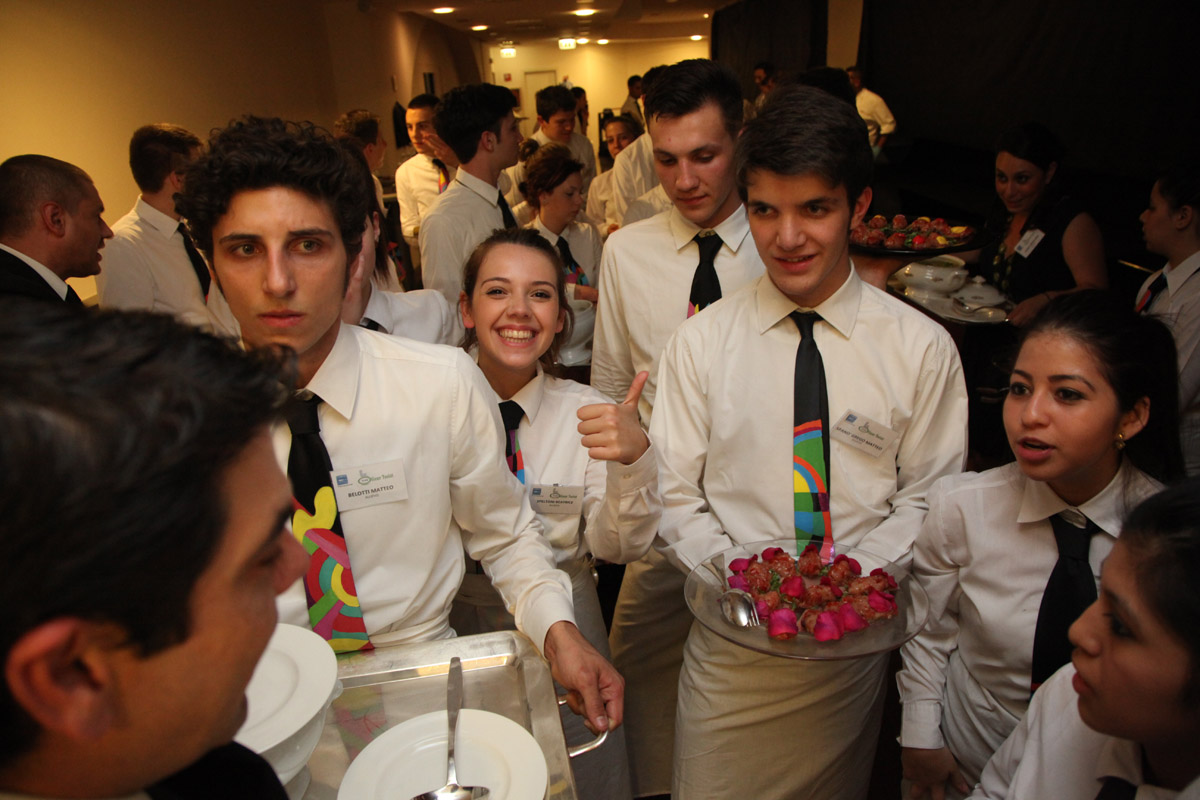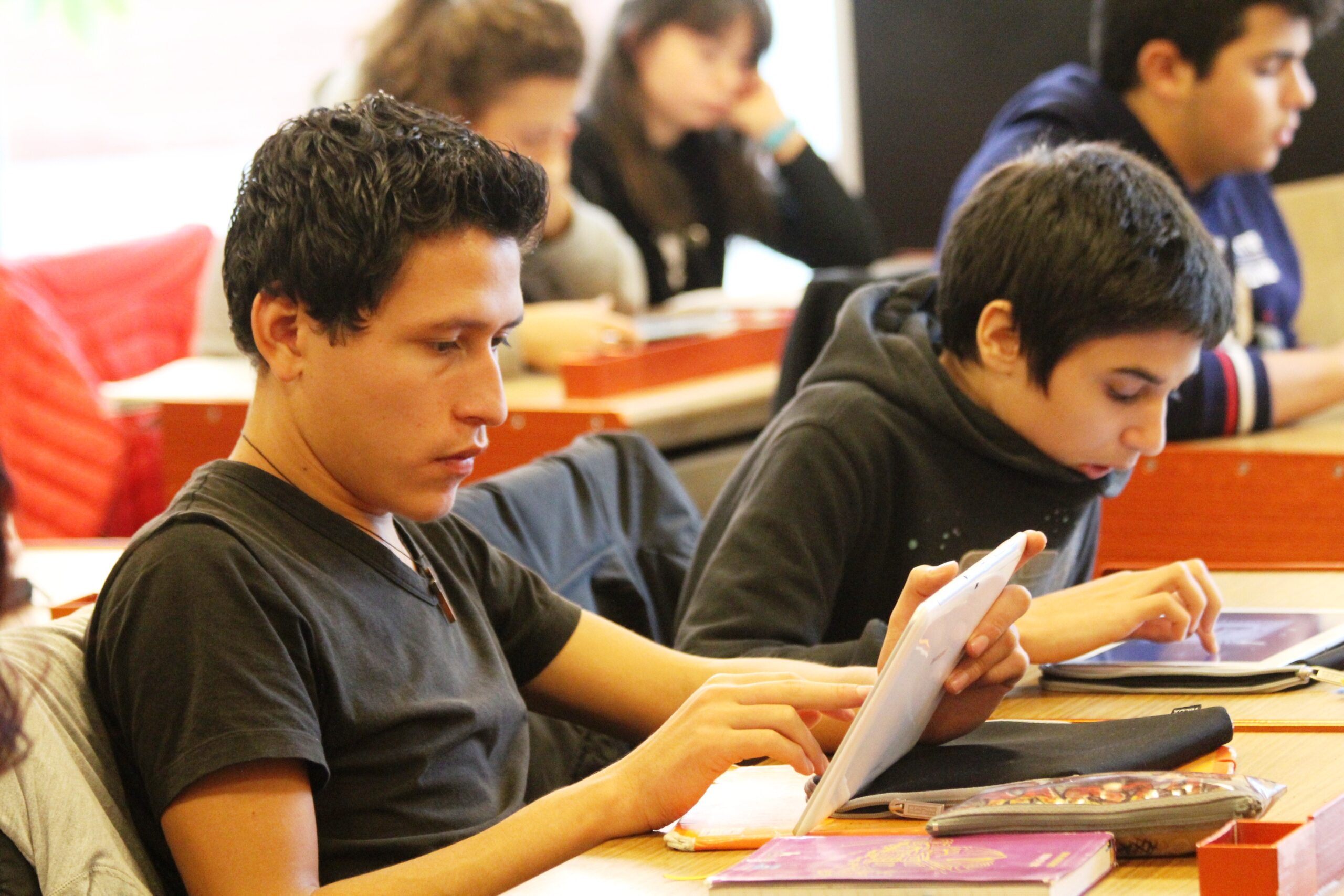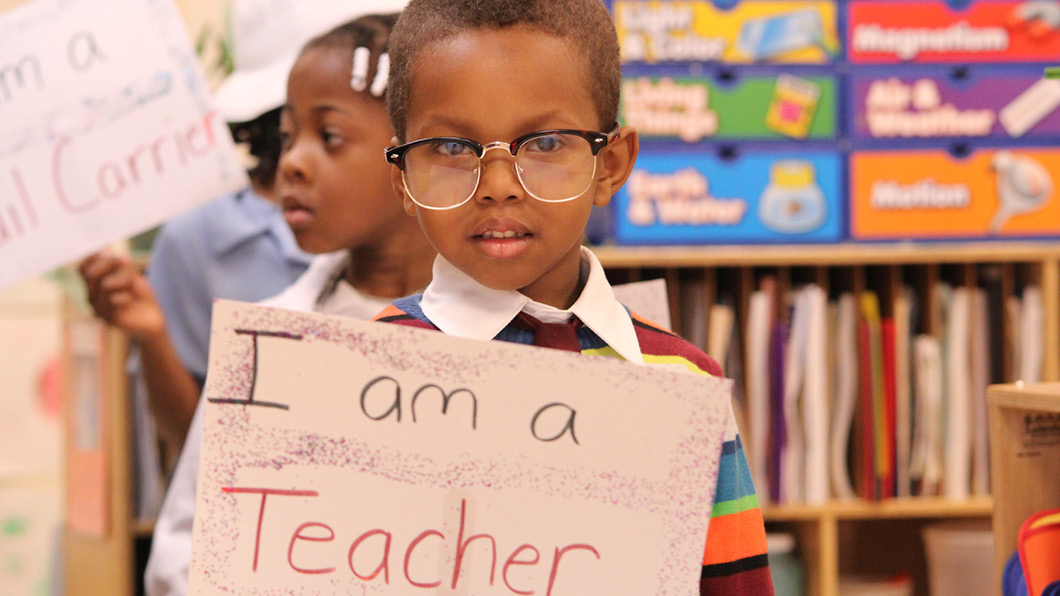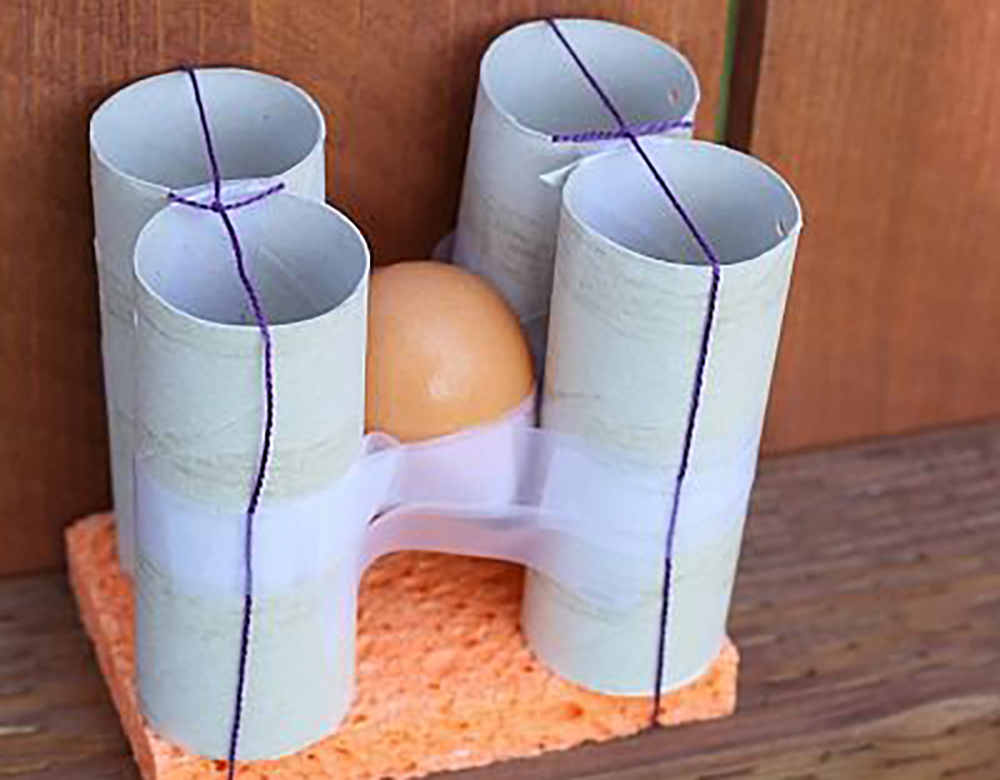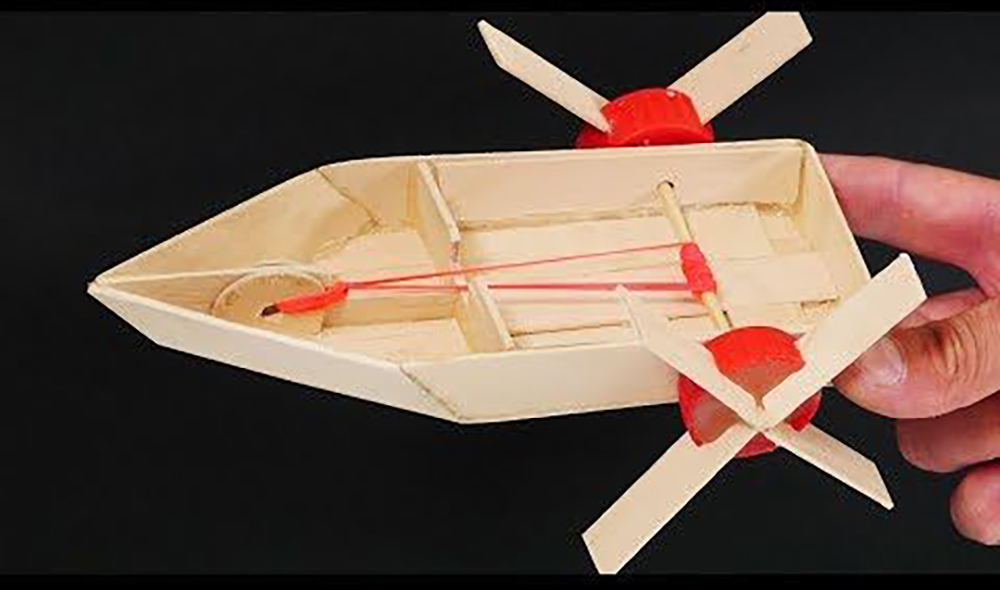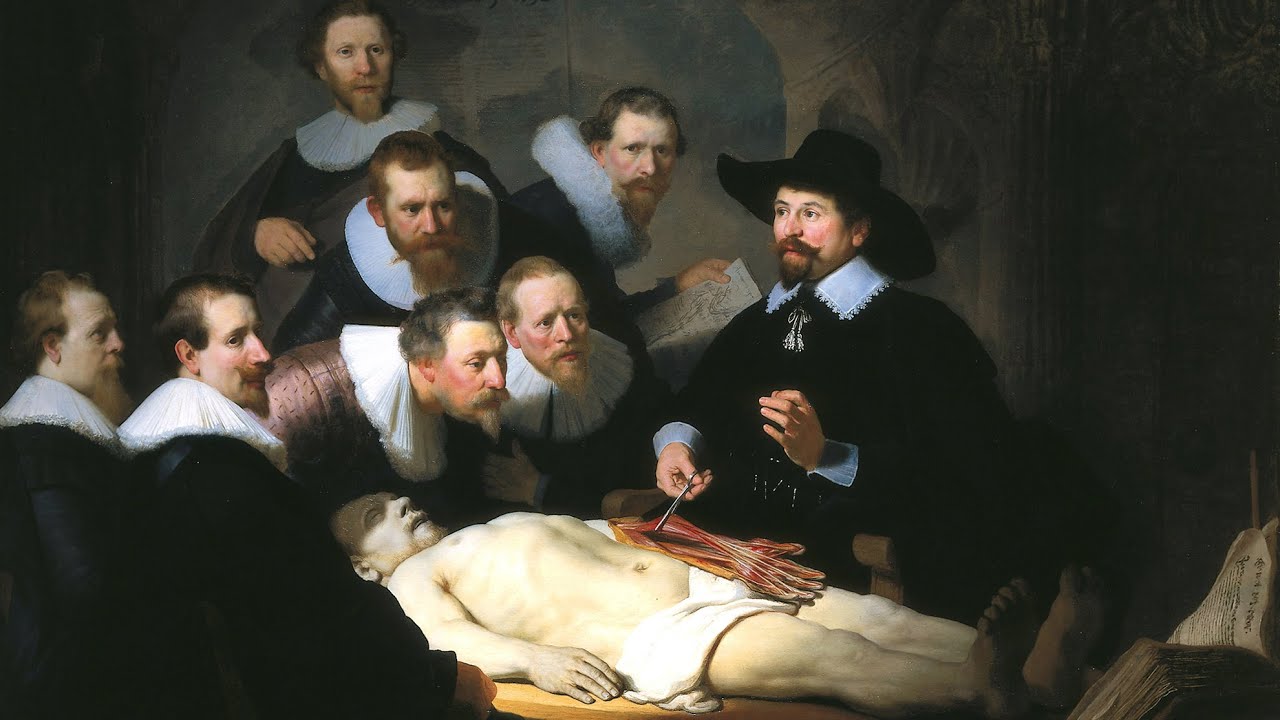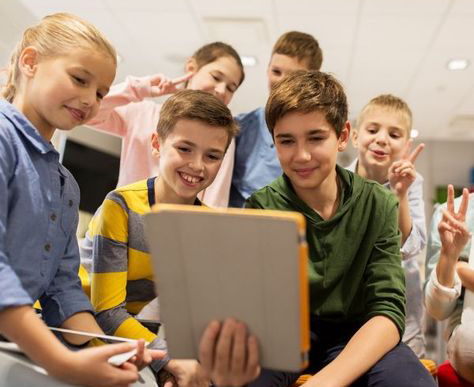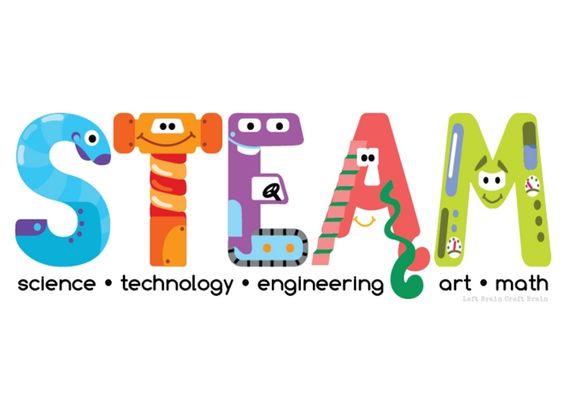Research has shown that students who are required to teach something learn concepts better than if they are taught the material in conventional ways. In other words, teaching is a more effective learning strategy than being taught, and it makes sense to use this principle in the classroom to increase learning. Pairing students at learning […]
Case-Based Learning
Case studies are stories that are used as a teaching tool to show the application of a theory or concept to real situations. Dependent on the goal they are meant to fulfil, cases can be fact-driven and deductive where there is a correct answer, or they can be context driven where multiple solutions are possible. […]
Project-Based Learning
Project-based learning involves students designing, developing, and constructing hands-on solutions to a problem. The educational value of Project-based learning is that it aims to build students’ creative capacity to work through difficult or ill-structured problems, commonly in small teams. Typically, Project-based learning takes students through the following phases or steps: Identifying a problem Agreeing on […]
Drama in Education
In this Concentration, students develop a specialized knowledge of the fields of drama and theatre in education, the ability for sustained engagement with communities of learning, as well as a working knowledge of school systems. Students learn to transform regular curricular material into effective and transformative drama work, begin practicing teaching methodologies, and explore ways […]
Sudbury schools method
Sudbury schools take their name from the Sudbury Valley School, which was founded in 1968 in Framingham, Massachusetts. Sudbury schools operate under the basic tenets of individuality and democracy and take both principles to extremes that are unrivaled in the education arena. In Sudbury schools, students have complete control over what and how they learn, […]
Inquiry-Based Learning
What if learning was question-driven? This is exactly what inquiry-based learning is about. In this approach, the teacher guides students to develop critical thinking and problem-solving skills. To learn these skills, the teacher helps students think through their processes, teaches them possible approaches, and encourages them to try various methods. Students are encouraged to fail […]
5. Art & Science: the meeting point
The relationship between art and science is very close. In the past, it was a closer and almost necessary one to the other. Since then, and this happened very recently, that Art was given the sterile role only to entertain people in their leisure time, boundaries have begun to enter between these two necessary vital […]
4. Behind the verb “play-is played”
The psychological background behind the verb “play-is played” The success and dissemination of such innovative methods of education is due to a rich psychological background that touches very sensitive strings of student (and not only) psychology. Contrary to the «dry» vague promises of traditional education (read / learn for better work, better salary, more comfort […]
2. The benefits of placing A between E & M
The introduction of ART to STEM courses has been developed much in recent years. It is a way that students are not passive recipients of knowledge, but act and participate in a creative manner. For the 21st century education and the requirements in the economy and work, this is necessary. And indeed the voices that […]
1. Introduction
Discussion with an Objector Excuse me, we have the education, we know what education is. Now you mention STEAM education. WHAT IS THIS? STEAM education is an alternative approach to education that encourages students to pose questions and ask for creative solutions to real-world problems. STEAM also is a different approach to learning and teaching […]

